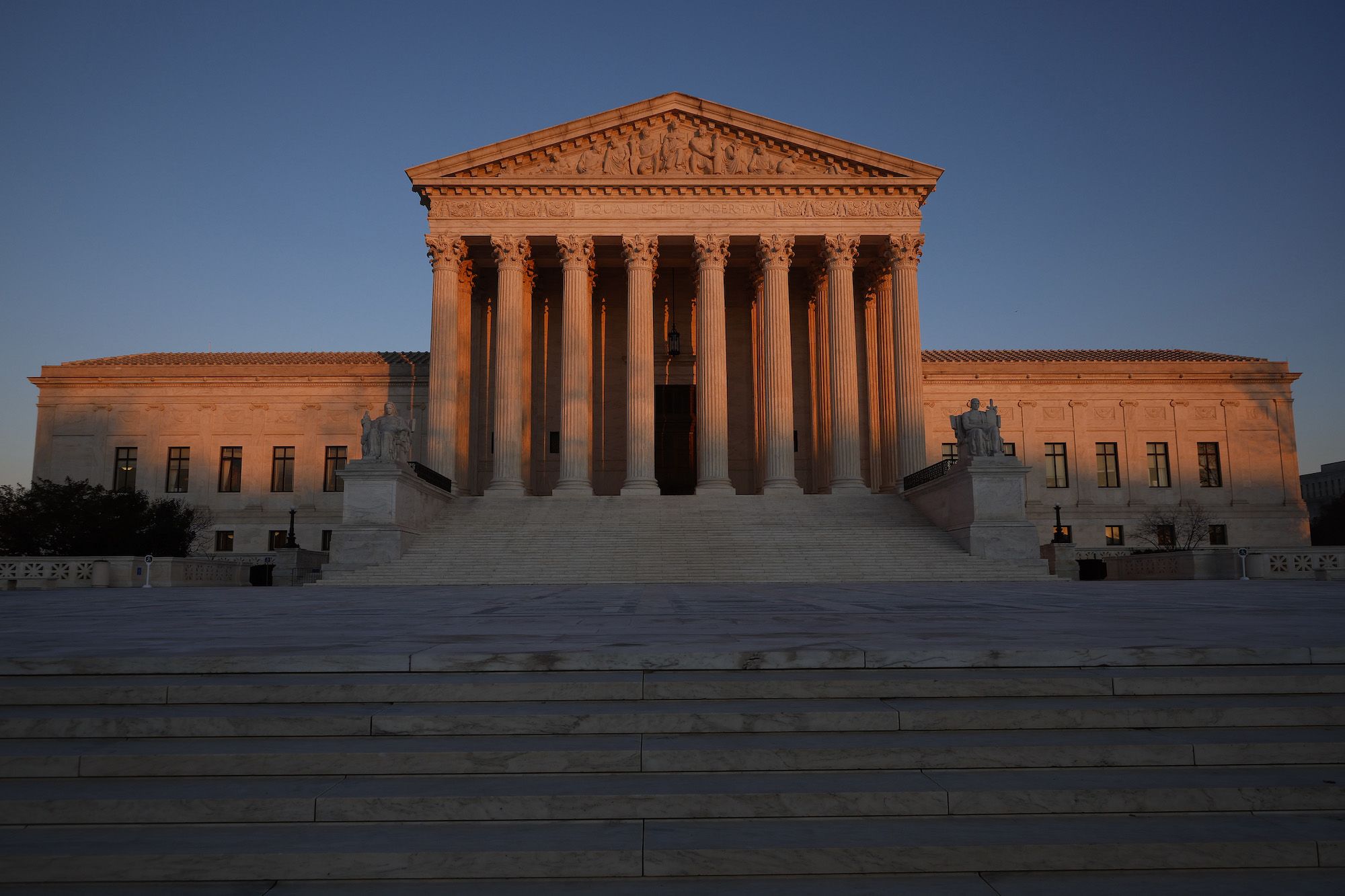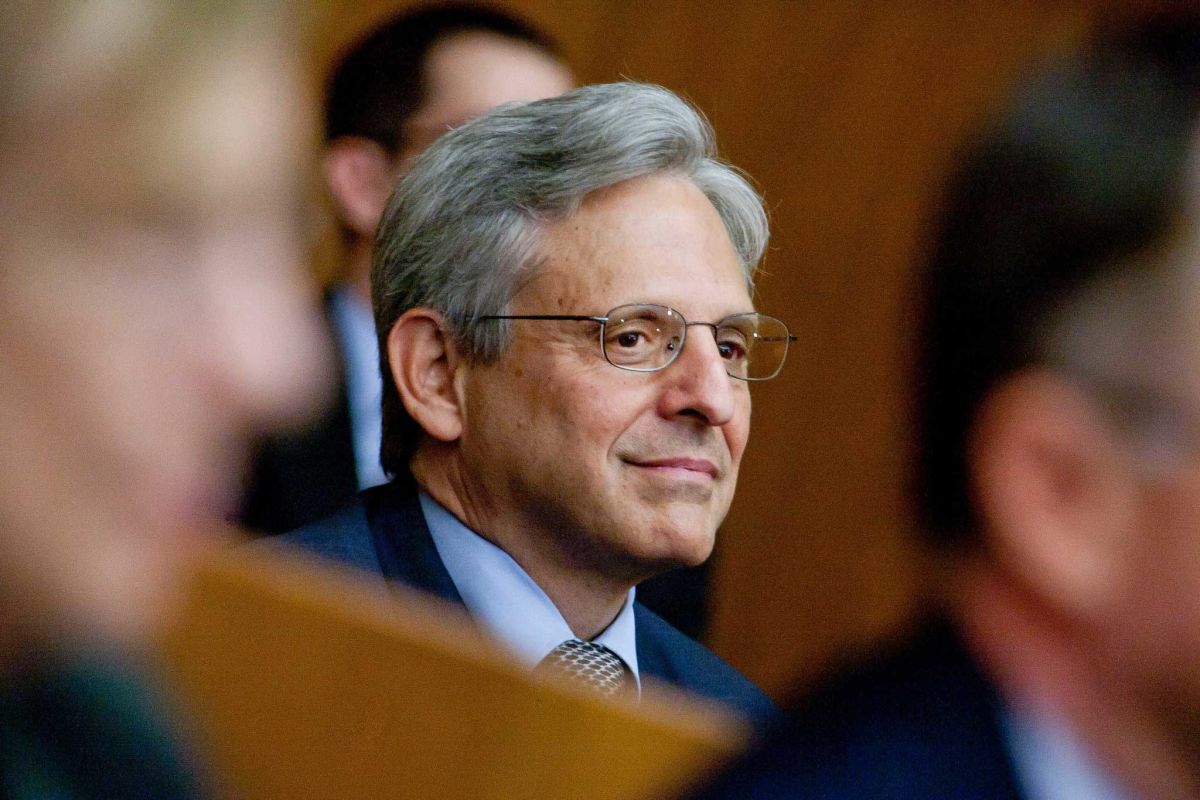Just this Thursday, the Supreme Court of the United States issued a ruling in National Federation of Independent Business v. Sebelius, a challenge to the constitutionality of Obama’s signature legislative achievement, a momentous reform of the American health care system in the form of the Affordable Care Act. The ACA, better known as “Obamacare”, accomplishes this reform in large part by imposing an individual mandate forcing U.S. citizens to purchase health insurance or pay a “penalty.” From the first debates concerning the law within the halls of Congress, the ACA and the individual mandate have sown political discord across the country, fanning the flames of the Tea Party movement and galvanizing liberal activists for whom significant health care reform has been a pipe dream for decades.
Subsequently, the case’s political significance has made it perhaps the Court’s most politically divisive case since Bush v. Gore. The 5-4 ruling issued on Thursday and its accompanying opinions, penned by Chief Justice John Roberts, Justice Antonin Scalia, and Justice Ruth Ginsburg, stunned both casual and longtime observers of the Court. The final decision to affirm the law’s constitutionality, while unexpected by many after the dismal performance of Solicitor General Verrilli during oral arguments, was not the most shocking news delivered Thursday. Instead, it is the breakdown of the 5-4 vote, with the conservative Chief Justice joining the four justices of the Court’s liberal wing to form the majority, which has set the legal and political world abuzz. Below is an opinion from GPR’s Ronnie Kurtz concerning the decision:
By: Ronnie Kurtz
“The most important time to be principled is when principles lead to an outcome contrary to personal beliefs. Too many people would first choose the outcome they wanted and then work backward to find the reasoning.”
As Justice Clarence Thomas said these words to myself and a group of fellow UGA students this March, I couldn’t help but think that this outlined the ideal Supreme Court Justice perfectly—an impartial (or as impartial as one can be) observer who uses the principles of the Constitution to assess the validity of a law, regardless of which way he had hoped his vote would go.
It was much to my chagrin, then, to awaken Thursday morning and find that Chief Justice John Roberts had most decidedly not done his job.
Perhaps nothing better highlights this than the media assessment of Justice Roberts in the aftermath of this landmark decision (one for which, coincidentally, he will go down in history). The most oft repeated refrain is that Roberts made his decision so as to prevent another ideological 5-4 split (a la Bush v. Gore) and preserve the popular opinion of the high court. In all due respect, if this consideration was a factor in Roberts’ decision making process, then he is not fit for his position. As we have been taught each of the five or so times that we have taken some sort of American government or history class, the Supreme Court Justices are appointed to life terms so that they may be insulated from public opinion and make the proper decision in regards to the Constitution. The Chief Justice should not have a
n obligation to maintain the reputation of the Court so much as to make sure the right decision is made. To say that deference to a feared public backlash was a factor in Roberts’ decision is to put the legitimacy of the Court on even shakier ground.
The next excuse for Roberts’ vote is that he wished to refrain from swiftly overturning a law put in place by a democratically elected body. Again, correct me if I’m wrong, but there is no question that overturning such laws when they do not fall under the purview of the Constitution is exactly the job of the Supreme Court. Roberts should not fear that prospect so much as embrace it as a duty that he and only eight others in our country share. So, before we even begin to discuss the opinion, it is important to point out that nowhere has anyone attributed Roberts’ shock vote to him actually changing his mind on the constitutionality of the Affordable Care Act and its individual mandate, the most troubling aspect of this entire saga.
As for the decision itself, the legal maneuvering that Roberts made in his opinion is in a league of its own. In some measure of consolation, at least the Justice held strong to his Conservative values on the limits of the Commerce Clause. “The Federal Government does not have the power to order people to buy health insurance” under the Commerce Clause, Roberts wrote; the government cannot regulate inactivity. With that, Roberts put a lid on the unlimited expansion of Congressional power under the auspices of the clause that has been all too common over the past century or so, and avoided setting a deadly precedent.
Instead, he succeeded in creating an entirely new precedent that imbues the Congress with an entirely new set of tools to use over the American people. By upholding the individual mandate as a tax, Justice Roberts maintains that he “does not recognize any new federal power” but rather that “Congress has used an existing one.” But never before has Congress been able to pass an intrinsically punitive tax that is solely intended to compel people to engage in a certain behavior without calling it a tax—all as the tax’s largest proponent maintains that it is anything but. Justice Anthony Kennedy, the man who was originally thought to be the deciding vote in this case, put it best when he said “structure means liberty.” What Roberts’ opinion has created is the ability of Congress to circumvent the constitutional structure that restrains the body’s powers, instead allowing them to “tax” any behavior they do not like. Under the auspice of a mandate, the argument that the government could force us all to eat broccoli seems foolish; under the auspice of a punitive tax, it suddenly falls into the realm of possibility.
It is important to assess judicial decisions with the magnitude of this one not only in regards to its immediate results but also in regards to its implications for the future. Congress is now equipped to regulate the lives of everyday Americans at a level greater than ever before. This is not to say that our current government or any government in the near future may use this power to impose its will on American citizens again. But the power is there. And all it takes is one who wishes to use this power in the wrong way to make us all regret it. The Constitution is set up to protect us from these forces over the long term. But if we continue to override these protections in the name of short term gain, we open ourselves up to everything that we never wanted.
“Well, Doctor, what have we got—a Republic or a Monarchy?”
“A Republic, if you can keep it.”—Ben Franklin


